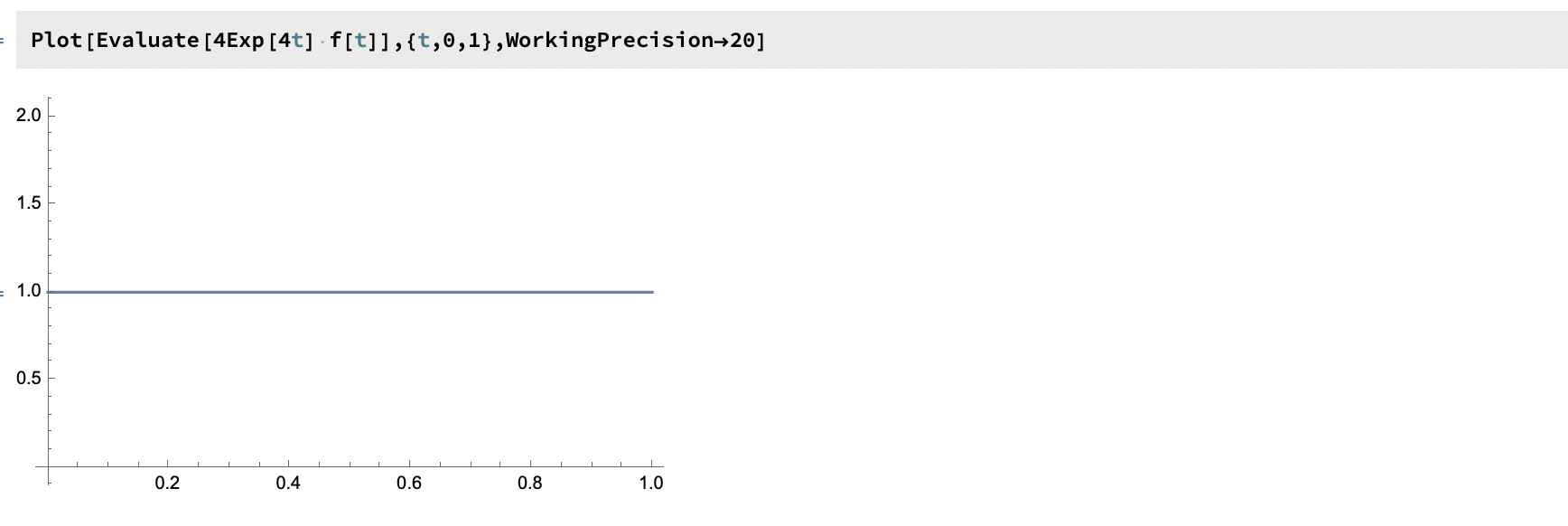The following function for $t>0$
f[t_]:=1/(8 (-1+E^(2 t)) \[Pi]^(3/2)) E^t (MeijerG[{{1/2,1,3/2},{}},{{3/2},{}},-((2 I)/(5 t)),1/2]+MeijerG[{{1/2,1,3/2},{}},{{3/2},{}},(2 I)/(5 t),1/2]-MeijerG[{{1/2,1,3/2},{}},{{3/2},{}},-((2 I)/(3 t)),1/2]-MeijerG[{{1/2,1,3/2},{}},{{3/2},{}},(2 I)/(3 t),1/2])
is actually an elementary function, by
Plot[Evaluate[4Exp[4t]f[t]],{t,0,1},WorkingPrecision->20]
but FunctionExpand can not simplify it,
FunctionExpand[f[t],Assumptions->t>0]
Mathematica will automatically abort the evaluation. Using
AbortProtect@Trace@FunctionExpand[f[t],Assumptions->t>0]
we can trace the intermediate steps, but I didn't get some useful information from that.
Is there some other way to deal with MeijerG functions (if not for Mathematica, is there some useful Python package for this?)


